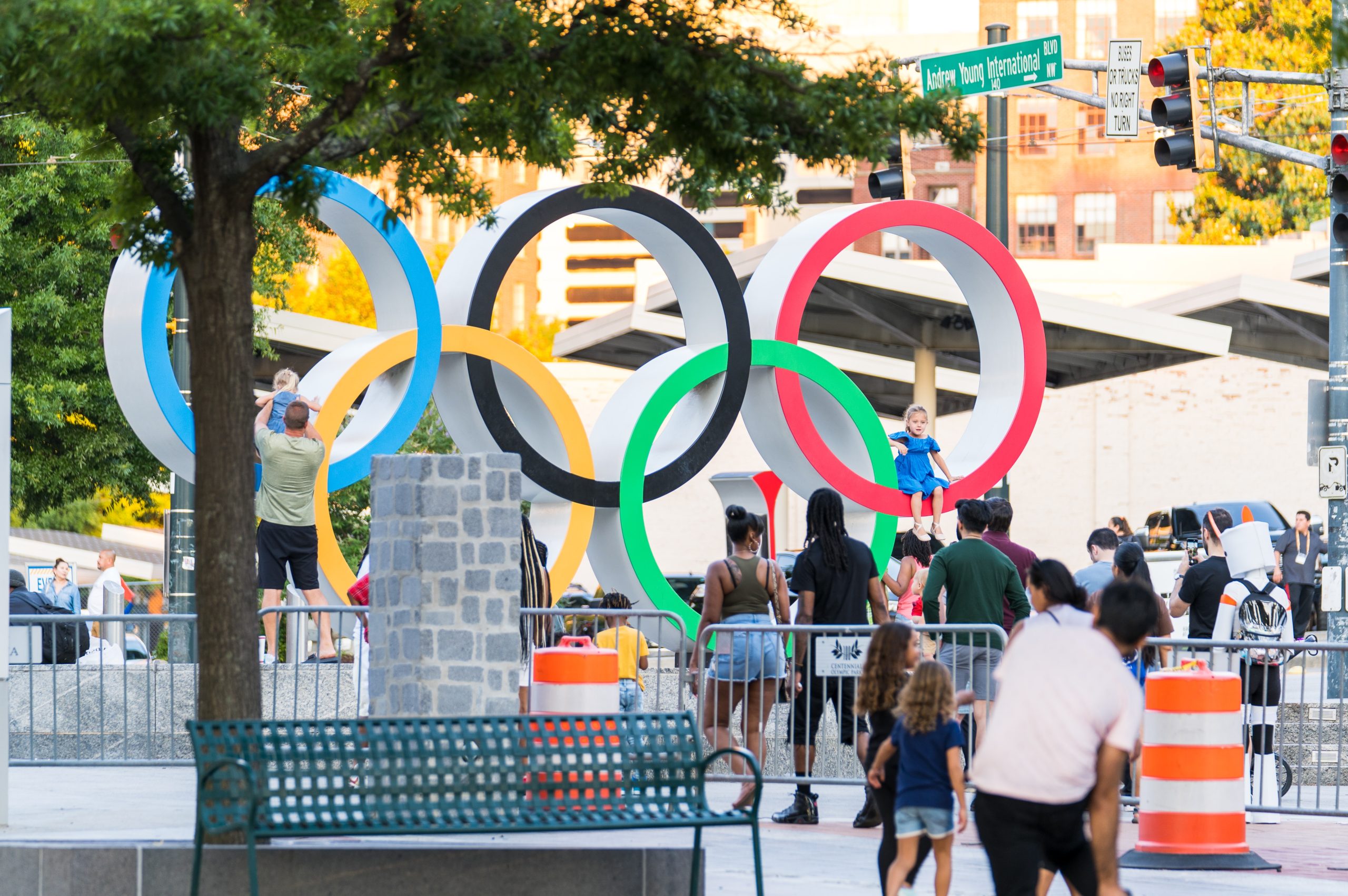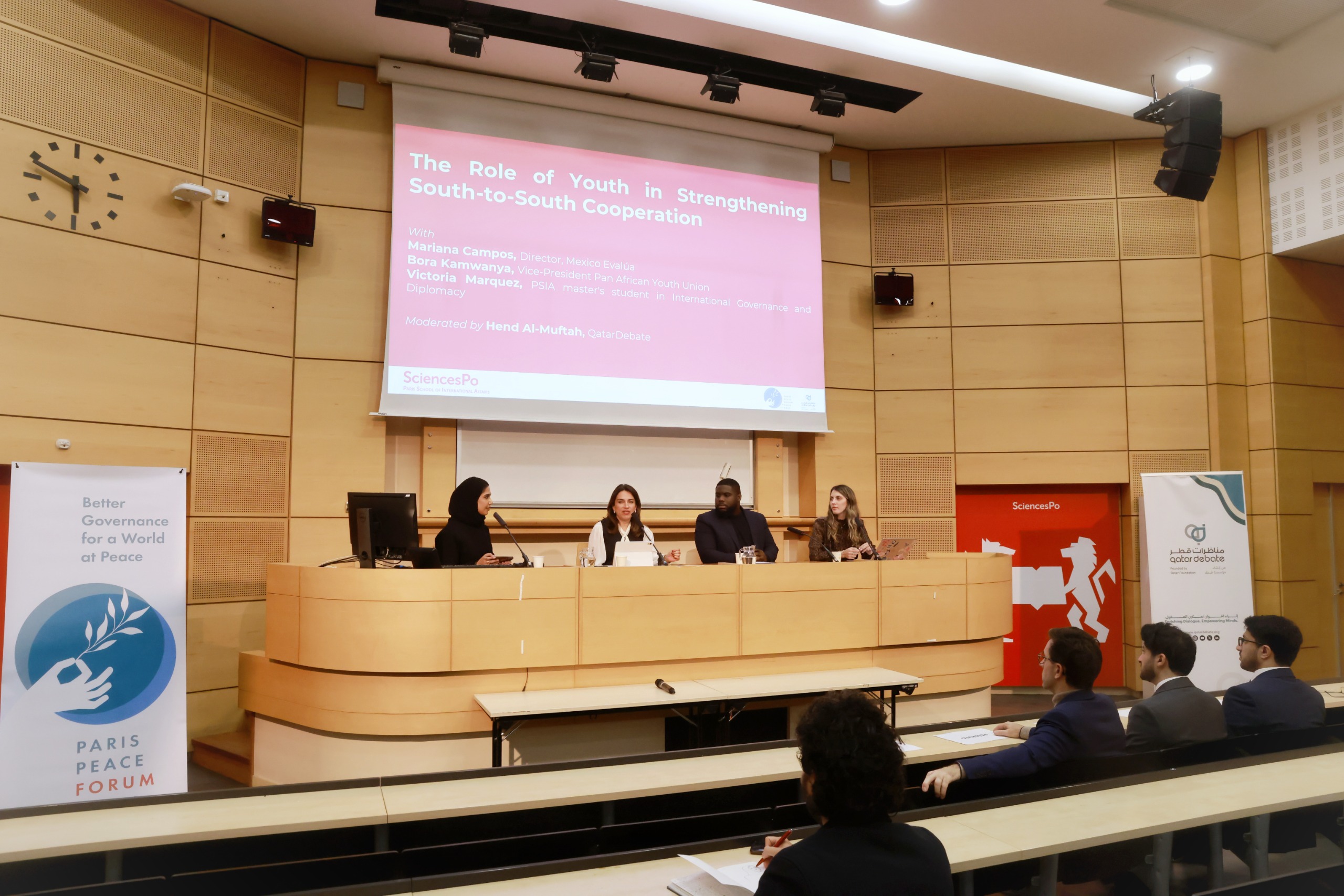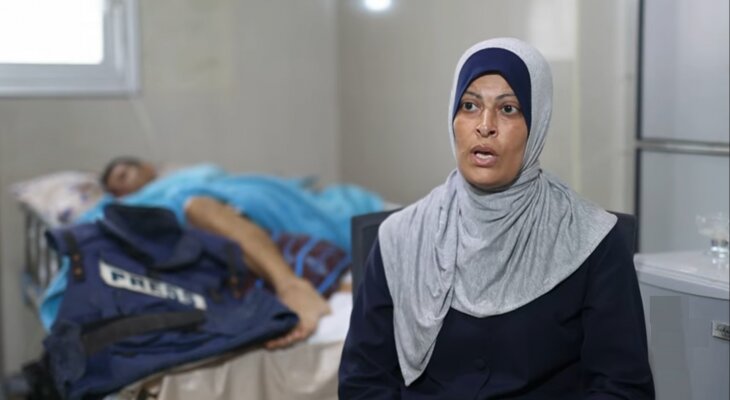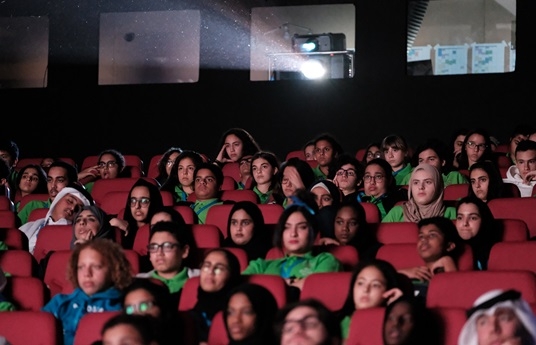Qatar 2022 is a ‘pathfinder’ in sports and health collaborations, according to WHO director-general.
Authorities in Qatar have already started sharing their acquired knowledge and expertise in orchestrating a health-focused World Cup with the organisers of the Paris 2024 Olympics, an official said.
The Gulf nation is actively engaging in talks with the Paris 2024 organisers, according to the Senior Advisor to the Minister of Public Health Office, Dr Roberto Bertollini. He said the objective for the FIFA event was to prioritise well-being and safety while also establishing a lasting influence on sports and wellness that would then serve “as a model of reference with a tangible, measurable solution for replicating this type of approach in the future beyond 2022.”
“We have been in touch with France for the Olympic Games,” Bertollini said during a seminar to announce the launch of the guide on ‘Healthier food and healthier food environments at sports events’.
The guide is a product of an exclusive international collaboration between Qatar and the World Health Organization (WHO), aimed at endorsing healthy behaviours throughout Qatar 2022.
Describing the partnership as a “crucial achievement,” Bertollini highlighted how it pioneered a collaborative model and yielded insights that can be reproduced in upcoming events, thus accumulating valuable experience for the benefit of other nations.
Bertollini suggested that the insights gained from World Cup 2022 could be expanded upon in upcoming sports events, and also called for the establishment of a global network aimed at fostering healthier settings during sports events.
The focus has been directed towards addressing the matter of nutrition and cultivating environments conducive to health, explained Bertollini.
The FIFA World Cup Qatar 2022 accomplished a roughly 30% increase in healthier food choices within stadiums and 21% at the FIFA Fan Festival, as measured by WHO standards.
“These figures might not look very big, but they compare with 0, almost 0, which was the situation before in other events and also before we acted in this direction,” Bertollini noted.
Qatar 2022 has altered the perception of big sports events and how healthy food options can be integrated in them, he said.
“I think we challenged the belief that major sports events are incompatible with healthier food options.”
“We indeed succeeded in providing healthier food options. It is a very important concept to stress that we demonstrated an alignment to offer food with public health values and public health principles,” the health official said.
Since the major sporting event in 2022, WHO and Qatar have collaborated to launch a new guide to enhance a healthy environment at sports events worldwide, inspired by the first FIFA World Cup in a Muslim and Arab country.
The document will present five strategic measures aimed at fostering healthier food options and cultivating healthier food environments within and around sports arenas. These actions range from enhancing the quality of available food to curbing detrimental marketing practices.
“This World Cup [Qatar 2022] is a pathfinder in sports and health joint initiative and this will help billions of people around the world to follow healthy lifestyle,” WHO Director-General Dr Tedros Adhanom Ghebreyesus said last year.







